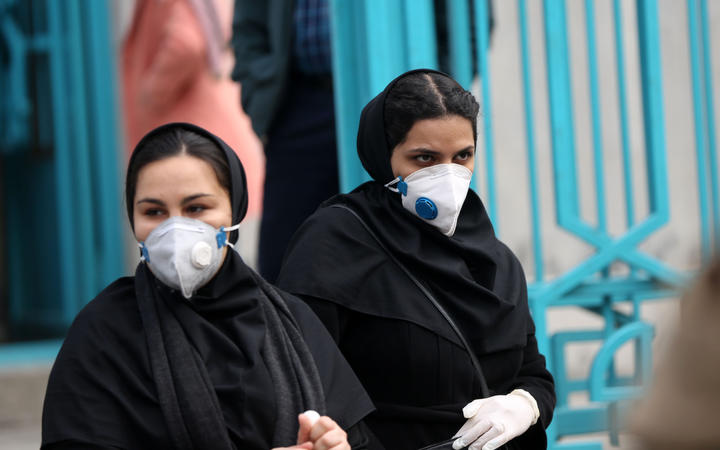KARACHI: The World Health Organization (WHO) has declared that Coronavirus (COVID-19) is a pandemic. As the deadly disease spreads around the world, shutting down public spaces and business in general comes to a halt, there is a lot of talk about how to protect yourself from the illness and make sure you don’t get infected by it, or transfer the virus to someone else who could be at risk.
Unfortunately, those preventative measures are a privilege because many people cannot afford to stay at home and avoid public spaces, especially women. According to a 2007 report by WHO, typical gender roles can “influence where men and women spend their time, and the infectious agents they come into contact with, as well as the nature of exposure, its frequency and its intensity.”
What that means is that the roles that women have in society out them at the frontline of the virus. Even though so far, the death toll has been higher for men, more women are at risk of exposure to the virus because of the kind of jobs and roles they fulfill. According to The New York Times, “Around the world, women make up a majority of health care workers, almost 70% according to some estimates, and most of them occupy nursing roles — on the front lines of efforts to combat and contain outbreaks of disease. In China’s Hubei Province, where the current coronavirus outbreak originated, about 90% of health care workers are women. In the US, that number is around 78%.”
Also, women are more likely to be in caregiver roles in the home when someone gets sick, putting them at risk of catching the illness.
There are other ways in which the current scenario will affect women. Domestic violence cases also surge at a time like this. According to the Huffington Post, “In China, activists have reported a surge in domestic violence cases as millions of people have been under quarantine.”
Read: Violence against women, in numbers
“Perpetrators of domestic violence commonly try to isolate victims and cut off their relationships with coworkers or friends or family,” Allison Randall, vice president for policy and emerging issues for the National Network to End Domestic Violence, says to Jeltsen. “Not being able to go to work and connect with your colleagues, it can certainly increase your vulnerability.”













